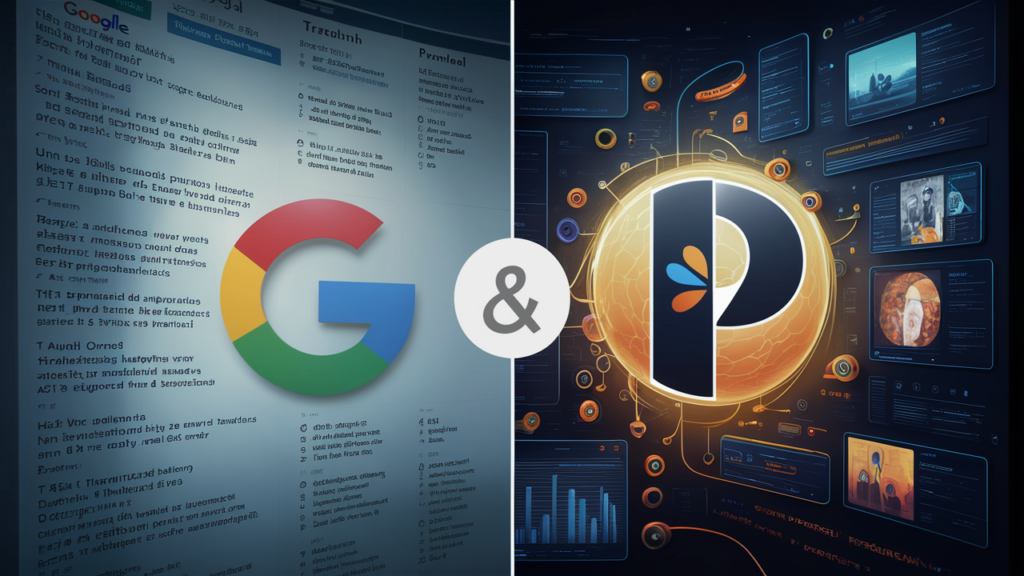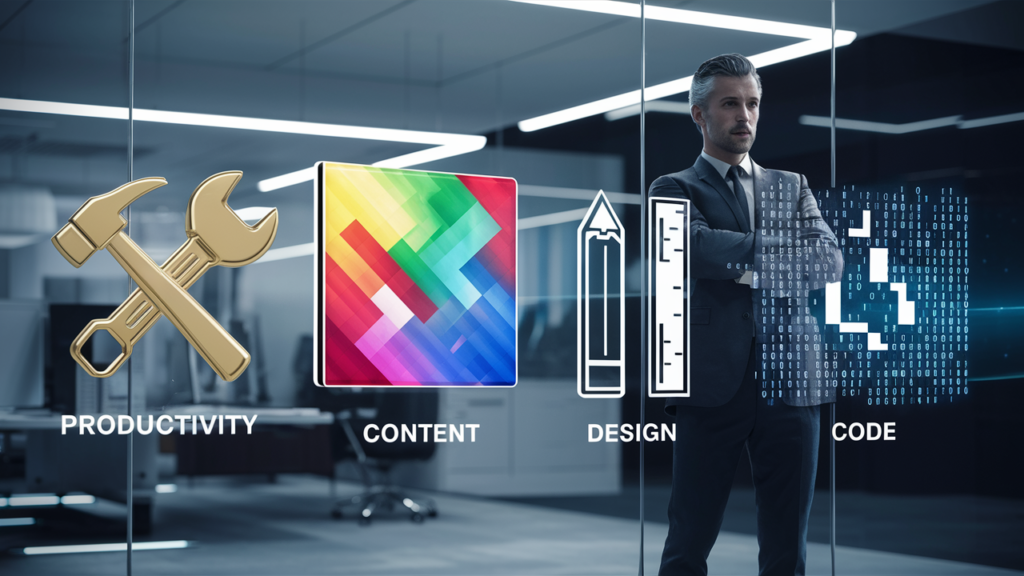Artificial Intelligence is no longer a buzzword—it’s the backbone of modern productivity, learning, and innovation. From content creation to customer support, AI tools are transforming every industry. As we enter 2025, new tools are making daily work faster, smarter, and more creative.In this guide, we’ll cover the top AI tools you should use in 2025, along with their key features, pros, cons, and how they can boost your work or business.

1. ChatGPT by OpenAI
Best For: Writing, coding, customer support, brainstormingChatGPT has evolved into one of the most versatile AI assistants in 2025. With improved capabilities, it can help you write blogs, debug code, create business plans, and even handle customer service.Key Features:Natural language understandingImage and code generation (GPT-4.5 & GPT-4o)Long document memoryApp integrationsPros:Easy to useAvailable on desktop and mobileGreat for both individuals and teamsCons:Some advanced features require a subscription

Link: OpenAI – ChatGPT
2. Notion AI
Best For: Task management, note-taking, team collaboration
Notion AI brings intelligence into your productivity. Whether you’re managing a team or journaling ideas, it helps by summarizing notes, auto-generating to-do lists, and even drafting content.
Key Features:
AI writing assistant
Smart summaries
Meeting note automation
Integration with project boards
Pros:
Clean, intuitive interface
All-in-one workspace
Supports Markdown
Cons:
Can be slow with heavy databases
Not ideal for code-based workflows

Link: Notion AI
3. GrammarlyGO
Best For: Writing improvement, grammar correction, tone enhancement
GrammarlyGO goes beyond grammar—it understands tone, rephrases content, and suggests creative improvements. It’s a must-have for professionals, students, and marketers.
Key Features:
Tone detection
Sentence rewriting
Context-aware suggestions
Integration with Google Docs, Gmail, and more
Pros:
Saves editing time
Works across platforms
Very accurate
Cons:
Free version is limited
Tone suggestions may be too subtle for beginners

Link: GrammarlyGO
4. Canva AI (Magic Studio)
Best For: Graphic design, social media content, branding
Canva has transformed into a smart design platform with Magic Studio, its AI suite. From one-click background removal to AI-powered image generation, it’s perfect for designers and marketers.
Key Features:
AI text-to-image
Magic resize and background removal
Presentation generator
Instant video trimming
Pros:
Drag-and-drop UI
Fast design workflows
Templates for all industries
Cons:
Some features locked behind Pro plan

Link: Canva Magic Studio
5. Descript
Best For: Podcasting, video editing, screen recording
Descript simplifies video and audio editing using AI. You can edit video like a document, remove filler words, and even clone voices.
Key Features:
Overdub (voice cloning)
Auto transcription
Video editing by text
Studio sound enhancement
Pros:
Perfect for beginners
Fast video creation
Voiceover without recording
Cons:
Limited features in free version
Requires good mic for cloning

Link: Descript
6. Perplexity AI
Best For: Research, factual answers, knowledge discovery
Perplexity AI is a next-gen search engine that combines conversational AI with real-time web results. It’s like using ChatGPT + Google.
Key Features:
Cites sources in real-time
Smart follow-up questions
Instant web browsing
Fact-checked summaries
Pros:
Great for students, writers, researchers
Clean and simple interface
Reliable sources linked
Cons:
Newer, still growing
Some data may vary in depth

Link: Perplexity AI
Conclusion: Embrace the AI Revolution
2025 is the year to let AI be your co-pilot. Whether you’re a content creator, student, entrepreneur, or developer—these tools will give you an edge. Start small, explore what fits your needs, and stay updated because AI is evolving fast.
Key Takeaway:
Don’t fear AI—use it smartly. The right tool can save hours, reduce stress, and unleash your creativity.

Need more AI recommendations?
Visit FutureTools.io — a curated list of the latest and best AI tools across every category.

